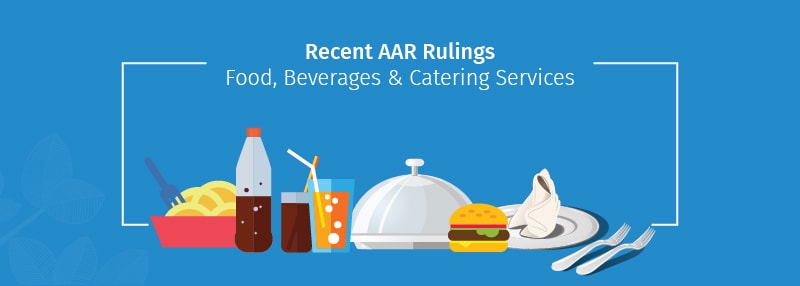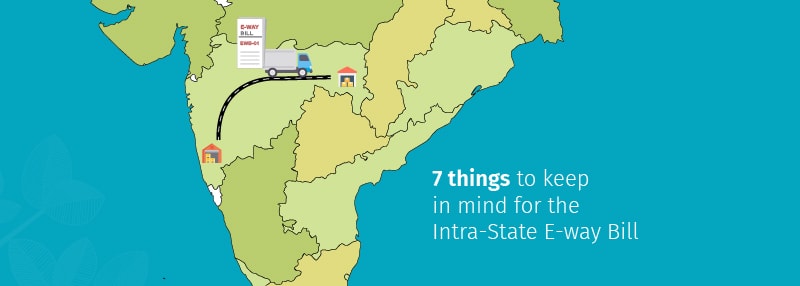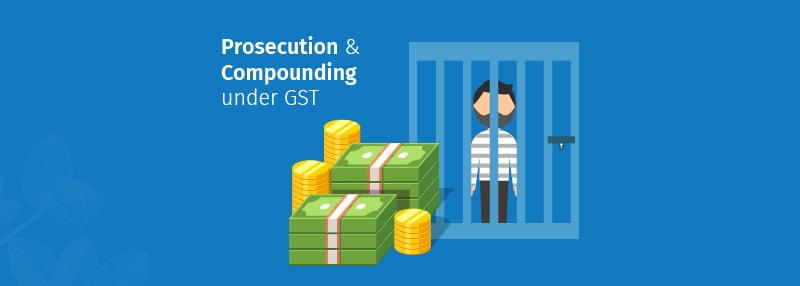AAR Rulings – Canteen Services provided by outside vendors in offices and factories
Rashmi Hospitality Services, based out of Gujarat had filed an application, seeking an advance ruling on whether, the GST rate on supplies made to non-air conditioned canteens of offices and factories, needed to be taxed at 12% GST or 18% GST. In response to this application, the Gujarat bench of the Authority of Advance Rulings stated, that the catering service provided by Rashmi Hospitality Services to recipients who have in-house canteens, where meals, snacks, tea etc., are ultimately consumed by employees or workers, and thus, do not alter the nature of service provided. Thus, the GST rate for such a service will be considered as 18%.
Thus it was a given, that such a move would imply a higher compliance burden for companies, which would translated into higher cost for food. Thus most companies would, understandably, tend to recover the food expenses from employees. To attain further clarity on the same, Caltech Polymers, based out of Kerala had filed an application, seeking an advance ruling on whether, the recovery of food expenses from employees or canteen services would come under the definition of outward supplies, and whether it will attract GST or not.
In response to this application, the AAR Kerala bench stated, that recovery of food expenses from the employees, for the canteen services provided by the company, would indeed come under the definition of “outward supplyâ€, and therefore be considered taxable as a supply of service under GST. However, the authority of advance ruling Kerala, did not clarified, whether the GST rate to be levied was 5% (without ITC), or 18%, treating the same as an outdoor catering service. Irrespective of the rate, such a move is bound to push up the cost of food for employees and factory workers, and also could lead to possible disputes on valuation, which will then need to get solved.
AAR Rulings – Canteen Services provided by outside vendors in educational institutions
Similar to the above scenario, quite a few applications were filed, asking for an advance ruling on the GST rate to be levied on services provided by canteens in educational institutions. In response to the same, the AAR as well as the Ministry of Finance clarified, that food and drinks, served in a mess or a canteen of an educational institution would attract 5% GST, without ITC. However, if schools (only up to higher secondary level) supplied food directly to students, then the same will be exempt from GST.
AAR Rulings – Supply of food and beverages in trains
Deepak & Co, based out of Delhi had filed an application, asking for an advance ruling on the GST rate to be levied on the supply of food and beverages in trains. Deepak & Co, had entered an agreement with the Indian Railways for the supply of food and beverages, packaged, cooked or at MRP, on mail and express trains, and thus needed immediate clarity on the same. The application had come in the aftermath of a circular from the Central Board of Indirect Taxes and Customs (CBIC) in January 2018, which had announced a lower GST rate of 5% for foods and drinks served on trains, platforms or stations by Indian Railways or IRCTC. However, there were a faction of businesses who felt that serving food and drinks on train, was to be treated equivalent to outdoor catering, the rate for which was specified already at 18% GST.
In response to this application, the AAR Delhi bench clarified, that the train is after all, a medium of transport, and thus could not be treated equivalent of a restaurant, eating joint or canteen. Thus, the supply of food and beverages directly to passengers at a fixed rate on platforms or trains, did not have any element of services, and therefore, GST should ideally be charged on the individual items as per their respective applicable rates. The authority of advance ruling Delhi also noted that the mere heating and cooling of beverages were incidental and not eligible for any tax benefit. Thus, in a final AAR ruling, it was stated, that supply of food and beverages in trains will face GST as per the respective items being served and not at the concessional rate of 5% specified by the government earlier.


